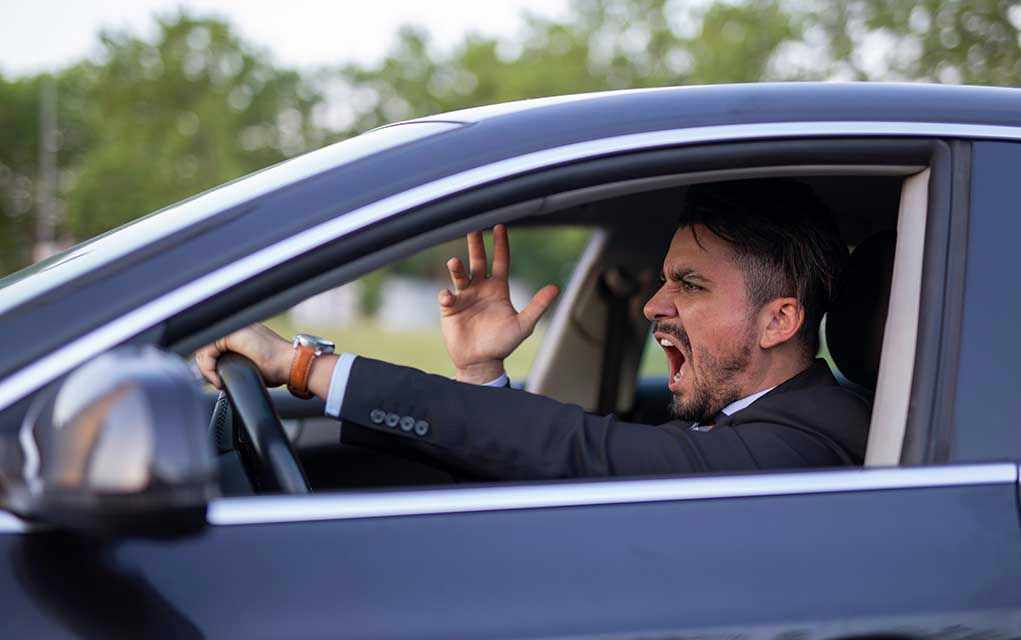
When a single, well-placed dashcam could mean the difference between justice and being steamrolled by a lie, the real question is: why don’t you already have one?
Story Snapshot
- Fiction and reality collide as a staged accident in “Parks and Recreation” exposes the dangers of a world without objective evidence.
- Modern insurance scams and political dirty tricks make dashcams not just useful, but essential for anyone behind the wheel.
- Low-trust environments and high-stakes disputes are fueling a boom in dashcam adoption in the U.S. and beyond.
- Dashcams are reshaping expectations of truth, accountability, and personal protection on our roads and in our courts.
When Truth Is Up for Grabs: The “Bus Tour” Lesson
In a pivotal episode of “Parks and Recreation,” Leslie Knope’s campaign faces sabotage when their opposition bribes a rental company to block access to vans, threatening her chances on Election Day. The campaign’s scramble for fair play devolves into farce as Donna, Tom, and Ron orchestrate a minor car incident, using the threat of a false report to pressure the van owner. No dashcam, no proof—just leverage and bluff. In the absence of objective evidence, the truth becomes a pawn, easily manipulated by whoever shouts loudest or threatens hardest. This comedic subplot isn’t just fiction; it’s a mirror held up to society’s growing problem: when disputes turn on conflicting stories, whoever controls the narrative often wins. That’s the real power of a dashcam—it puts control of the truth back in your hands.
“Bus Tour” lampoons the ethical gray zones of political campaigns, but its punchline lands squarely on a real pain point for millions: the vulnerability of anyone caught in a he-said, she-said scenario. In a world where insurance fraud and staged accidents are on the rise, the absence of video evidence turns every fender-bender into a roll of the dice. The lesson is as sharp as it is funny: when there’s no camera, there’s no certainty—and in the chaos, the innocent too often pay the price.
The High Cost of Blind Trust: Staged Accidents and Insurance Fraud
Staged accidents are not just sitcom fodder; they are a costly and growing reality. U.S. insurance companies report increasing incidents of orchestrated collisions designed to extract payouts from honest policyholders and their insurers. These scams thrive in the shadows—where the only witnesses are the very people with something to gain. Without a dashcam, drivers are forced to rely on police reports, unreliable memories, and, sometimes, fabricated stories. The result? Higher premiums, endless headaches, and a system that punishes trust. The rise in dashcam adoption is a direct response to these trends, providing a silent, impartial witness where none existed before.
Political campaigns, like Leslie’s in Pawnee, are not unique in their embrace of backroom deals and plausible deniability. Real-world campaigns have been caught denying resources to rivals, exploiting loopholes, and spinning narratives faster than facts can catch up. In both politics and insurance, truth is contested territory. Dashcams promise to redraw the map, replacing speculation with evidence and rumor with reality.
A Culture of Proof: How Dashcams Are Changing the Game
Americans now live in what sociologists call a “low-trust environment.” Skepticism is the default. Whether it’s an accident at an intersection or a heated exchange in a parking lot, people increasingly expect they’ll need to prove their innocence—or defend themselves against someone else’s story. Dashcams have become the go-to tool for this new reality. Sales have soared in the past decade, spurred by viral videos of scams and the growing realization that, without objective proof, anyone can become a victim of fraud or false accusation. Law enforcement and insurers are adapting, too, with dashcam footage now accepted as crucial evidence in many jurisdictions.
But with every technological solution comes a new set of questions. Privacy advocates warn about the risks of constant surveillance, even as legal experts point out that dashcam footage is increasingly vital for justice. The market for dashcams is exploding, with devices now offering features like GPS tracking, cloud backups, and even AI-driven driver assistance. The message is clear: the days of blind trust are over. In their place stands a culture that prizes proof, documentation, and the ability to replay the past—frame by frame—when the present is in dispute.
Why Not You? The Practical Case for Dashcam Adoption
For the driver who thinks, “I’m careful, I don’t need a dashcam,” consider how quickly a routine drive can turn into a legal and financial nightmare. A moment’s distraction, a dishonest opponent, or just bad luck can put you on the wrong end of a claim you can’t disprove. Dashcams are no longer for the paranoid or the professional driver; they are for anyone who values fairness and wants to protect themselves from the consequences of someone else’s lies. Insurance companies increasingly recommend dashcams, not just as a defensive measure but as a way to expedite claims and exonerate the innocent. In time, not having one may look as naive as leaving your car unlocked in a crowded parking lot.
The “Bus Tour” episode gets its laughs from the absurdity of a fabricated accident, but the stakes in real life are far higher. When the truth is contested, and the only thing that can save you is what the camera saw, you’ll wish you’d invested in your own impartial witness. Justice, it turns out, now comes with a memory card.
Sources:
Parks and Recreation S04E21 Recap – TV Tropes
Parks & Recreation Season 4 Episode 21 – CinemaBlend
Bus Tour | Parks and Recreation | Peacock TV














